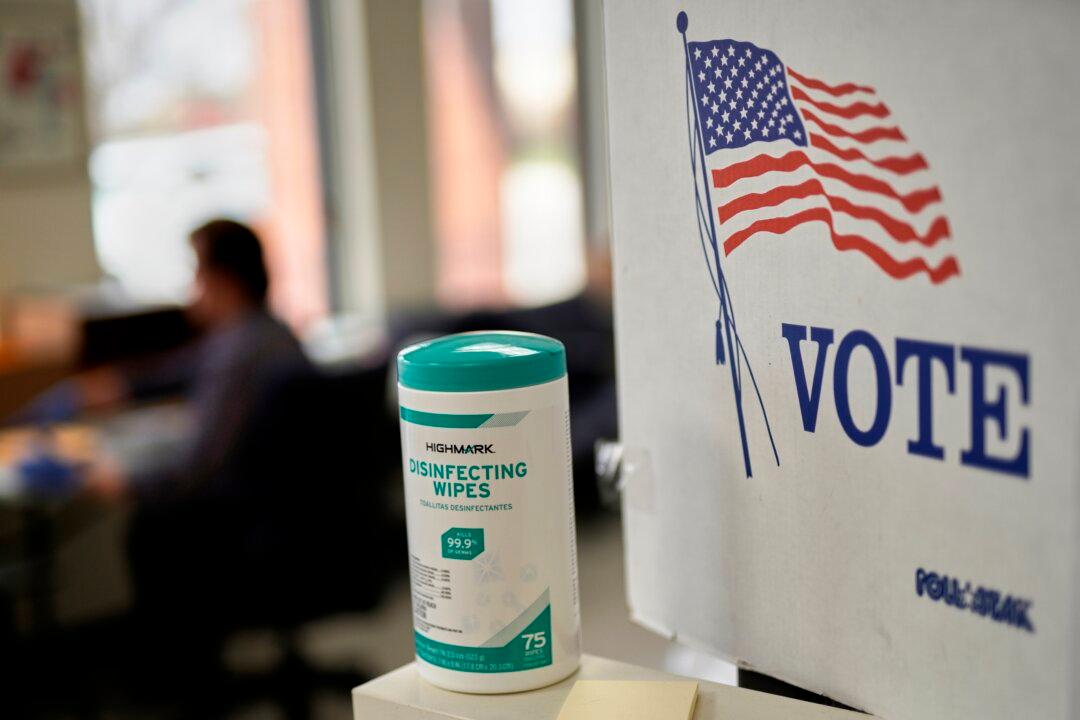Alabama’s requirement to have witnesses sign an absentee ballot does not violate the Voting Rights Act, the Justice Department (DOJ) argued in a brief filed in a lawsuit challenging the state’s election process.
The DOJ filed a statement of interest on Monday to clarify its interpretation of section 201 of the Voting Rights Act (VRA), which prohibits any jurisdiction from requiring an eligible voter to comply with “any test or device” as a prerequisite before registering or casting a vote. The prerequisites that are prohibited include demonstrating literacy ability, educational achievement, moral character, and qualifications by a voucher of a registered voter or members of any other class.




